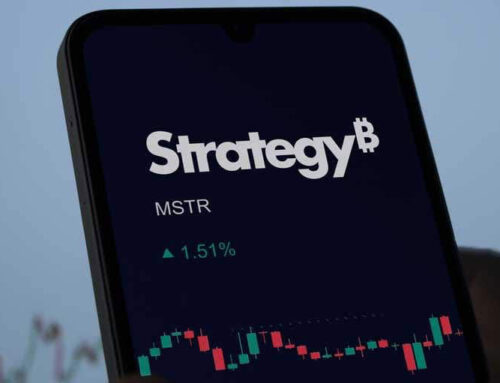Trumps Tariffs Likely to Raise Prices For US Cannabis Consumers
April 3, 2025
The incomprehensible economic strategy of President Trump’s global tariffs has left almost every US industry scratching their heads, and fearing for the future.
Given that the US cannabis industry is a closed market, meaning almost all US cannabis must be grown in the country and cannot even be traded across state lines, it could be one of the most protected following yesterday’s sweeping announcements.
However, the cumulative cost increases of things like equipment and packaging, the latter of which is largely imported from Asia, are set to peel away at already razor-thin margins.
While the economic strategy appears to be aimed at stimulating US manufacturing, cannabis business consultant Deb Tharp told Business of Cannabis that unlike during COVID, there appears to be no inflow of easily accessible funding or credit to support these new businesses or expand existing ones.
Given the rapid pace at which these tariffs have been introduced, there is nothing set aside to ‘soften the blow’ and help businesses adjust to additional costs.
Tharp went on to point out, that in the case of cannabis packaging, many state legislatures have largely exacerbated the situation by demanding that packaging be child-proof.
These stringent regulations around packaging in many states mean producers must find affordable suppliers, seeing the majority of them turn to China.
US manufacturers, Tharp suggested, were nowhere near being able to match the prices of imported goods from China, which will now see prices increase by 34%.
While seemingly minimal compared to the automotive industry, the thin margins cannabis businesses are already forced to operate on mean these cost increases will need to be passed along to consumers.
As such, she continued, this could have a cumulative effect. Higher prices will drive more consumers to the black market, not only weakening the case for legalization but potentially seeing further punitive regulations placed on the legal industry, raising costs even further.
“It’s just another nail in the coffin for businesses. They have larger problems to deal with right now.”
Search
RECENT PRESS RELEASES
Related Post




